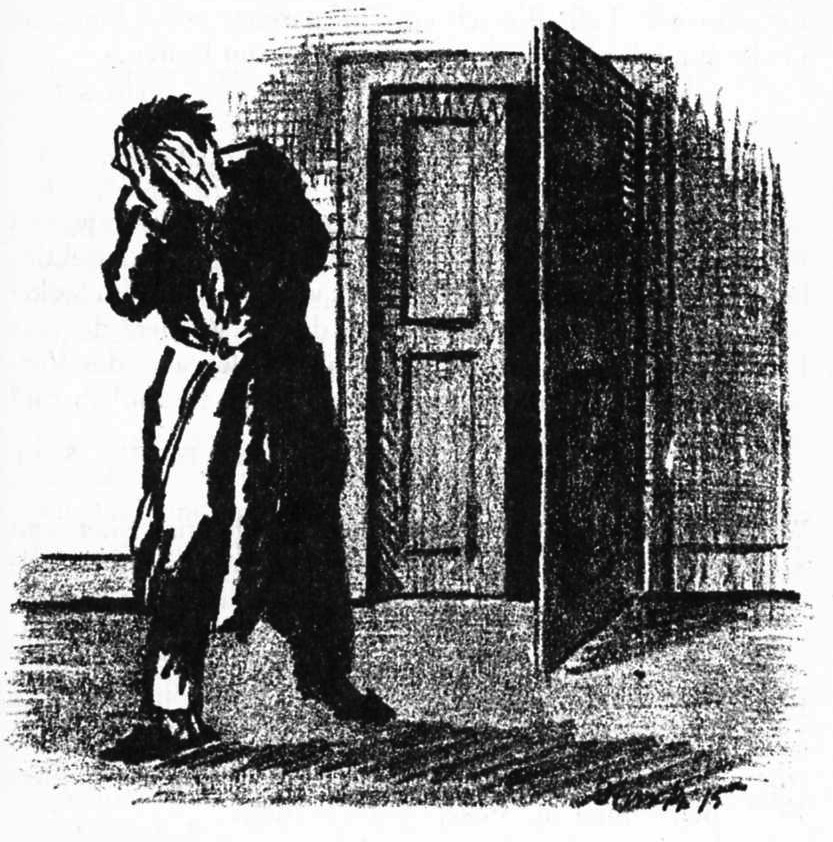We’re out until January 5, but we’re re-posting some of our favorite pieces from 2014 while we’re away. We hope you enjoy—and have a happy New Year!
I woke up one morning recently to discover that I was a seventy-year-old man. Is this different from what happens to Gregor Samsa in The Metamorphosis? He wakes up to find that he’s become a near-human-sized beetle (probably of the scarab family, if his household’s charwoman is to be believed), and not a particularly robust specimen at that. Our reactions, mine and Gregor’s, are very similar. We are confused and bemused, and think that it’s a momentary delusion that will soon dissipate, leaving our lives to continue as they were. What could the source of these twin transformations possibly be? Certainly, you can see a birthday coming from many miles away, and it should not be a shock or a surprise when it happens. And as any well-meaning friend will tell you, seventy is just a number. What impact can that number really have on an actual, unique physical human life?
In the case of Gregor, a young traveling salesman spending a night at home in his family’s apartment in Prague, awakening into a strange, human/insect hybrid existence is, to say the obvious, a surprise he did not see coming, and the reaction of his household—mother, father, sister, maid, cook—is to recoil in benumbed horror, as one would expect, and not one member of his family feels compelled to console the creature by, for example, pointing out that a beetle is also a living thing, and turning into one might, for a mediocre human living a humdrum life, be an exhilarating and elevating experience, and so what’s the problem? This imagined consolation could not, in any case, take place within the structure of the story, because Gregor can understand human speech, but cannot be understood when he tries to speak, and so his family never think to approach him as a creature with human intelligence. (It must be noted, though, that in their bourgeois banality, they somehow accept that this creature is, in some unnamable way, their Gregor. It never occurs to them that, for example, a giant beetle has eaten Gregor; they don’t have the imagination, and he very quickly becomes not much more than a housekeeping problem.) His transformation seals him within himself as surely as if he had suffered a total paralysis. These two scenarios, mine and Gregor’s, seem so different, one might ask why I even bother to compare them. The source of the transformations is the same, I argue: we have both awakened to a forced awareness of what we really are, and that awareness is profound and irreversible; in each case, the delusion soon proves to be a new, mandatory reality, and life does not continue as it did. Read More >>
